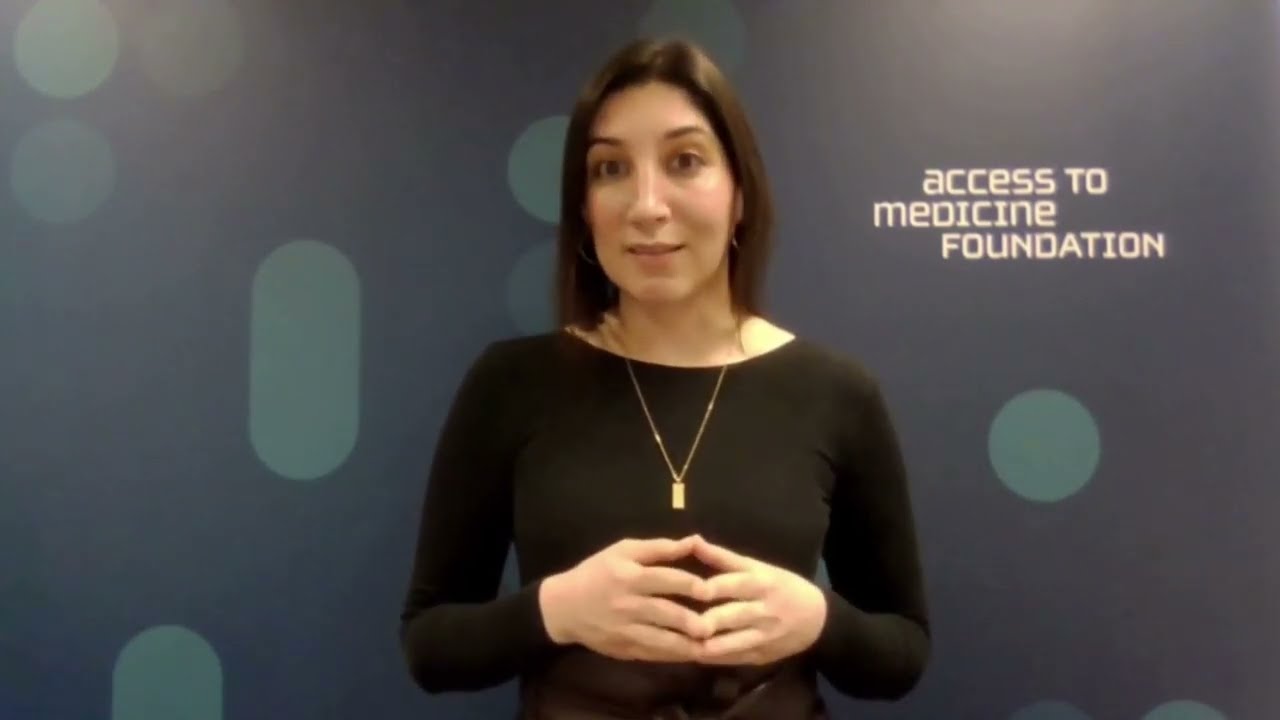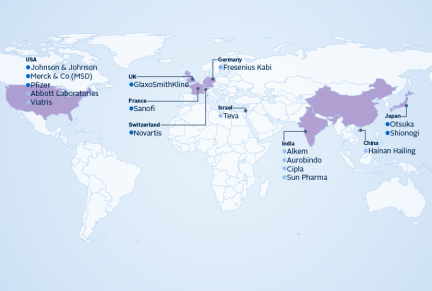AMR Register: A global AMR surveillance data sharing platform
Fatema Rafiqi on the importance of publicly sharing surveillance data to curb AMR
The 2022 global burden of bacterial antimicrobial resistance (GRAM) study is the most comprehensive study to date that presents estimates of the burden of antimicrobial resistance (AMR). It shows that in 2019 alone 1.27 million deaths were directly attributable to antibacterial resistance. While AMR is a global issue, people are facing the highest risk of dying from drug-resistant infections in sub-Saharan Africa, followed by South Asia.
Surveillance activities are defined as the collection and analysis of data for the detection and monitoring of threats to public health. For AMR, surveillance programmes are typically run by governments and public health authorities and track the rise of resistance and spread of infection in specific regions. The data is used to measure and respond to the spread of resistant infections and prioritise objectives for stewardship policies. The use of surveillance programmes can be scarce in low- and middle-income countries (LMICs), and especially in sub-Saharan Africa.
Although AMR surveillance is typically undertaken by governments, pharmaceutical companies are also involved in surveillance programmes to collect data. This data is valuable because it provides important knowledge of the resistance map and insights into the emergence of threats. The data is most useful in its unprocessed raw format so that it can be used by third-party researchers for further research that can help curb AMR.
The Access to Medicine Foundation has tracked whether companies are engaged in surveillance and share the data of these programmes since the 2018 AMR Benchmark. The 2021 AMR Benchmark reported that most companies (7/8) in scope are involved in surveillance efforts, with 19 surveillance programmes in total across all companies. However, at the time only one company – Pfizer – published raw data publicly on the AMR Register, an open-access data platform for company surveillance programmes, while for the majority of the programmes (14/19) only aggregated data were shared.
In 2020, the Access to Medicine Foundation and the Wellcome Trust issued a call to action for the remaining companies to share their raw data. As part of our research, the Foundation develops specific and tailored opportunities for each company, which can be found in their respective report cards. The importance of sharing raw surveillance data has been highlighted as a key opportunity in the past three iterations of the Benchmark, for several companies including GSK, Johnson & Johnson, MSD, Pfizer and Shionogi. Additionally, the Foundation made a focused effort to continue to raise the importance of this opportunity in academic journal articles, viewpoints, high-level forums, and speaking engagements.
In June 2022, the new AMR Register was launched, with three additional companies – Shionogi, Johnson & Johnson and GSK – in scope of the AMR Benchmark publicly sharing raw data from their surveillance programmes for the first time. During the launch of this new AMR Register, Pfizer specifically referenced a key finding from the 2020 AMR Benchmark, regarding the importance of publicly sharing raw surveillance data, as motivation for having previously taken a leading step to become the first company to share such data.
Overview of data sets shared via the AMR Register (1)
Pfizer: The ATLAS programme covers 13 priority pathogens* in 81 countries. Pfizer was the first company to share its raw data on the AMR Register. Aggregated data are also publicly available on the ATLAS website and in journal articles. In 2022, Pfizer shared updated raw data on resistance to antibiotics and antifungals with over one million isolates (2), starting from 2004 until 2020.
Shionogi: The SIDERO-WT programme covers 3 priority pathogens in 51 countries. Aggregated data are publicly shared in journal articles. In 2022, Shionogi shared raw data with over 50,000 isolates between 2013 and 2019.
Johnson & Johnson: The DREAM programme covers 1 priority pathogen in 11 countries. Raw data is shared on the Yale University Open Data Access platform. In 2022, Johnson & Johnson also publicly shared raw data with over 6,000 isolates between 2011 and 2019.
GSK: The SOAR programme covers 2 priority pathogens in 13 countries. Aggregated data is publicly shared in journal articles. In 2022, GSK shared raw data with over 2,4000 isolates between 2014 and 2016.
In terms of AMR and global health, there are benefits to publicly sharing raw surveillance data, as many key examples demonstrate. In 2018, the Wellcome Trust launched a Data Reuse Prize to reward researchers who come up with a new insight, tool or health application from data available on the AMR Register. The winning group used Pfizer's ATLAS raw data to develop a web app that lets users quickly visualise resistance rates to antibiotics for common infections and countries of interest. This will help healthcare professionals to prescribe antibiotics more appropriately.
In May 2022, an academic article also used Pfizer's ATLAS raw data to predict changes in resistance and to identify pathogens at risk of developing clinical resistance in the near future. By publicly sharing datasets, companies ensure that this valuable data can be used to provide a more comprehensive picture of AMR and its impact around the world, ultimately helping reduce its spread.
(1) Shared openly on the AMR Register and validated by the Foundation's research team
(2) Bacterial/fungal isolates are collected from the patient and stored as part of routine laboratory practice. In surveillance programmes, these isolates are tested for susceptibility of antibacterial/antifungal medicines to create the antimicrobial resistance profile of each isolate.


